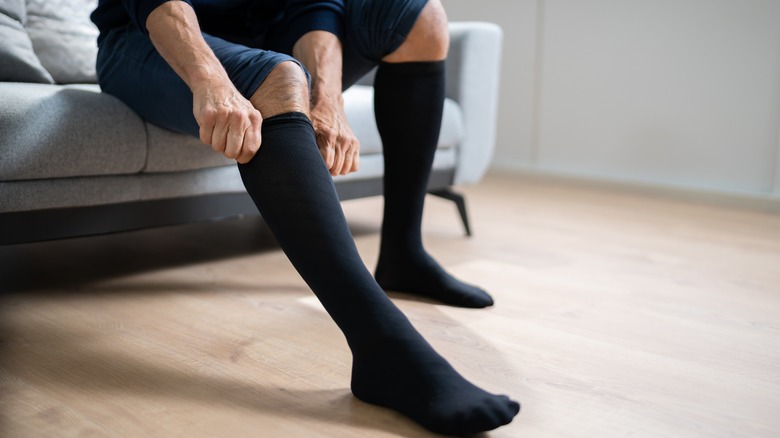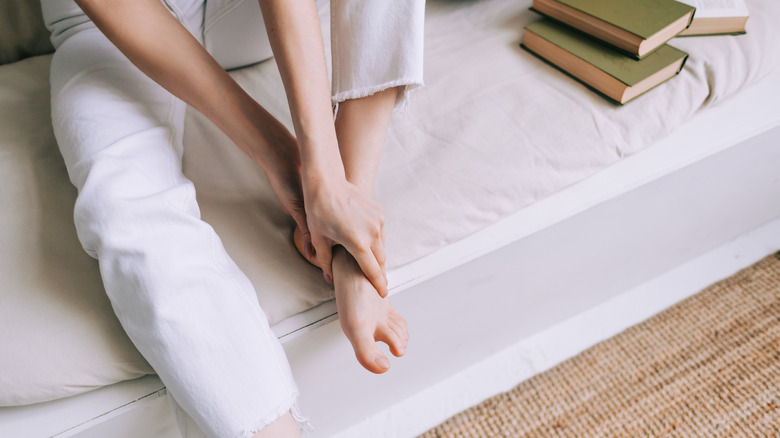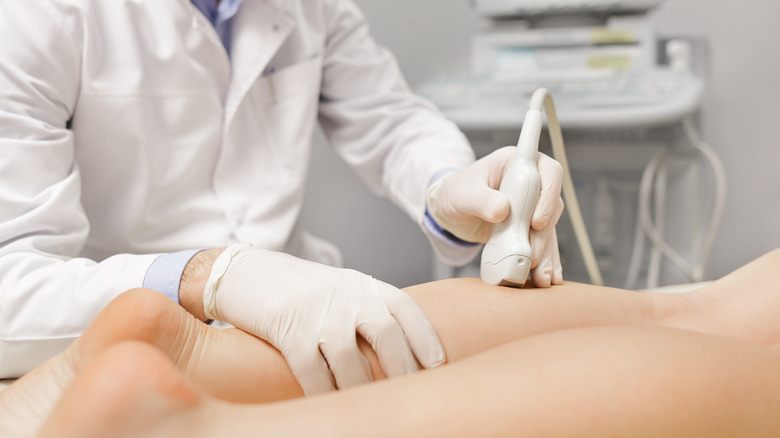Can Varicose Veins Come Back After Treatment?
Varicose veins can be hard to deal with, especially if they cause discomfort or you're unhappy with their appearance. These twisted, swollen veins usually develop in the legs and can cause problems that go beyond the superficial. Many people experience discomfort, pain, and swelling from them, which considerably negatively influences their quality of life — to the point where surgery is needed. According to the Mayo Clinic, the surgeon usually performs vein stripping or sclerotherapy during the initial treatment to close off or remove the affected veins. If you've had surgery, you might wonder whether it's possible your varicose veins will return after the procedure.
Unfortunately, varicose veins can come back after treatment. You may be more susceptible to the condition due to many factors that affect the strength and flexibility of your vein walls and valves. However, knowing what causes them to repeat will help you decide on your treatment with more knowledge, and being aware of prevention strategies can help you keep your vein health at its best.
What triggers the recurrence of varicose veins?
Inadequate therapy is one of the causes behind recurring varicose veins. They could come back if treatment did not successfully deal with their underlying cause. The treatment may have left some of the problematic veins open or not completely removed, according to the Center for Varicose Veins. In other instances, the therapy may have focused on superficial veins but left untreated deeper veins with reflux problems, which eventually caused varicose veins to reappear. Another frequent cause, according to Sheffield Teaching Hospitals, is neo-vascularization. Neo-vascularization frequently occurs when new blood vessels form in the treated area, and may lead to the recurrence of varicose veins after treatment.
Varicose veins may also reoccur for genetic reasons. People who have a family history of varicose veins may have weaker vein walls or valves, making them more susceptible to experiencing recurrent varicose veins despite therapy. Following treatment, new varicose veins might also develop, giving the appearance of recurrence. Obesity and prolonged standing are two conditions that frequently cause persistent strain on the veins, which may contribute. According to the National Health Service (NHS), obesity might put too much strain on your leg veins, damaging the walls and valves of the veins. Similar to this, pregnancy hormones can relax vein walls and raise blood volume and pressure, increasing the risk of varicose vein development.
Using preventative measures and preserving vein health
You can take some steps to reduce the risk of varicose veins and preserve ideal vein health, even if it may not always be feasible to completely prevent the return of progressive varicose veins. First, make an appointment to discuss the recurrence with a vein expert or vascular surgeon. They can help you identify and treat the root reasons for your venous insufficiency. They can also check your veins to identify why your varicose veins have returned and assess how well your veins are functioning — they may perform diagnostic procedures like a Doppler ultrasound to look for any issues that might have contributed to the recurrence (via the Mayo Clinic).
Next, take into account the therapeutic possibilities that your doctor has suggested. They might recommend surgical interventions or minimally invasive procedures, depending on the severity and underlying reason. Compression stockings are a typical, non-invasive choice. These stockings offer progressive compression that supports your veins, enhances blood flow, and lowers the possibility of developing new varicose veins. Laser therapy, radiofrequency ablation, sclerotherapy, and in some circumstances, conventional vein stripping surgery are other treatment possibilities. Based on your particular situation, they will help you decide which treatment is most appropriate.
Adopting lifestyle modifications that encourage good circulation and lessen pressure on your veins is essential, in addition to seeking medical attention. A healthy weight, regular exercise, and avoiding prolonged standing or sitting can all assist in lessening symptoms and lowering the likelihood of further recurrence.



